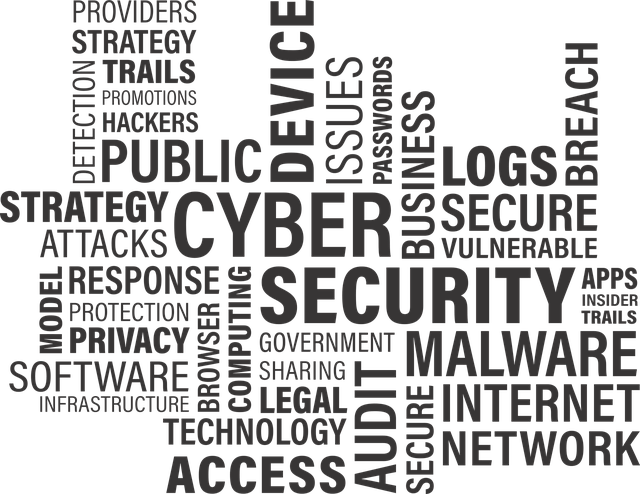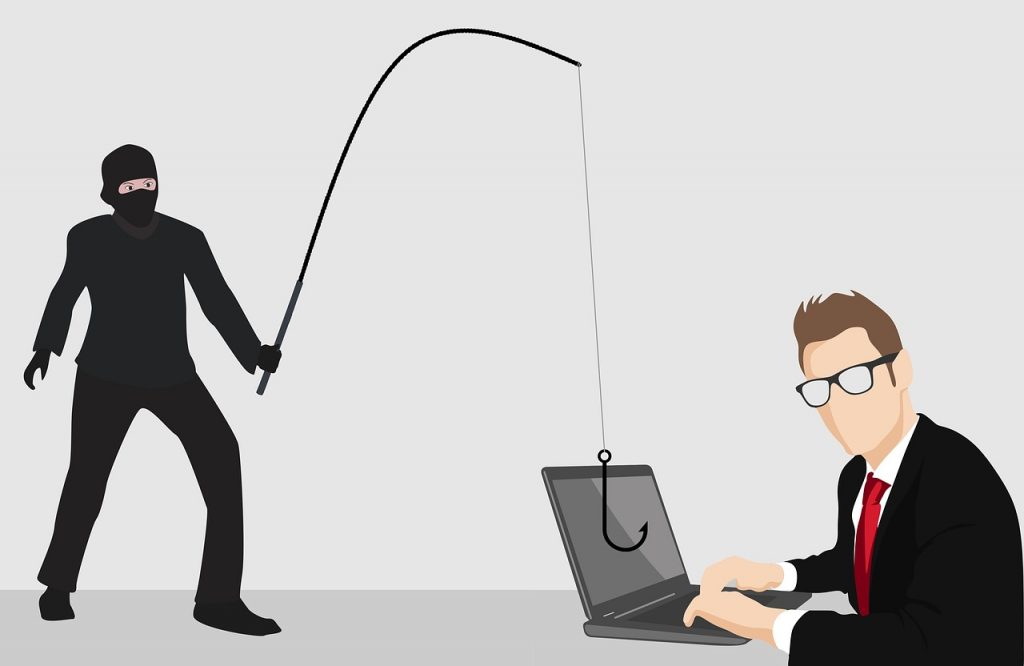Healthcare Security – Healthcare organizations have become a central target for hackers. They’re a highly attractive opportunity for cyber attack because valuable personal data is stored but not always adequately protected.

Healthcare cyber security not only protects the essential data healthcare organizations need to operate, but it’s also legally mandated, Certain compliance regulations are in place to ensure that organizations storing sensitive, personal information properly protect it. The problem is that many hospitals and medical practices underspend on cyber security.

“Every sector of business has attacks, but health care is experiencing the largest growth of cyberattacks because of the nature of its information,” says Lisa Rivera, a partner at Bass, Berry and Sims. “It’s more valuable on the dark web.”
To combat the ransomware attacks that are essentially inevitable, certain best practices should be implemented in the area of cyber security. Healthcare organizations that have been historically negligent when it comes to this component of their digital strategy need to turn their attention toward properly protecting their patients’ information.
How a ransomware attack hurts business

The hardest thing for a medical practice is to overcome a ransomware attack. With their patients’ information held hostage, healthcare organizations can’t recover fast enough to maintain operations. They can also end up paying a high cost to get the information back, high enough that they can’t remain in business. A multi-layer defense system can help ensure minimal damage when an attack occurs, allowing the organization to get back up and running faster with less disruption in their services.
The following best practices, when implemented, can help maintain a strong cyber security presence, protecting patient information and the ability for the healthcare organization to function.
Back it all up

Backed up files are the most important recovery tool you can have after a ransomeware attack. The procedure for backing content up should be thorough and happen often. Consider running a nightly backup if you’re a larger medical organization and store the backed up files off-site to keep them safe and separate from your in-office systems.
Make sure backups are tested regularly as well. If files come back corrupt for any reason, run an additional back-up immediately and continue with your regular back-up schedule.
Prioritizing this process makes sure you always have access to your organization’s patient data even if a hacker is able to attack.
Create an in-depth defense
Because cyber threats are constantly evolving, it’s important your protection does the same. To maintain the strongest cyber security, continually update antivirus and anti-malware software on all servers and computers. Make sure no device connected to your network is running an out-of-date version of any of this type of software. You also want to make sure and establish strong firewalls. One weak link can harm your entire system.
Maintain physical security over your computers as well by limiting access to computer equipment. Make sure employees lock their computers when not sitting at their desks or when not in an exam room. Require a strong password protocol and educate employees on what constitutes a weak password. At a minimum passwords should be eight characters long and combine letters, numbers, and symbols. letters as well. Another security measure is to require passwords are changed on a regular basis.
Encrypting all sensitive data both in transit and while it’s being stored is yet another layer of defense against a cyber attack. This includes content within emails as well as all data stored on drives and in the cloud. This defensive measure won’t stop an attack, but it does prevent hackers from using your patients’ data once they access it.
Be consistent
Consistent security audits reveal any vulnerability in the systems and networks within a healthcare organization. Once you know they’re there, you can immediately address and repair them before a hacker can take advantage of this weakness. It’s a strategy to reinforce the defenses you’ve worked so hard to implement.
Audits should be done by custom healthcare software development experts who understands how to react to the results. They should check all devices that connect to internal systems via the internet since this is a key entry point for hackers. Additionally, third party companies that access your data should prove they’re auditing their own systems on a regular basis. Once they’re in your system, their weaknesses can provide a back door to your sensitive data. Protect your data by only letting companies whose cyber security is as strong as yours into your system. You’re responsible if your data gets taken even if it’s the fault of someone else.
Create a thorough cyber security strategy

Creating a cyber security strategy using these best practices is a great approach to truly protecting your data from hackers. One a plan is established, make sure it extends to any device that connects to your system, including mobile devices and any medical device with connectivity. Anything that goes online in your office, through your WiFi, can put the safety of your patient’s information at risk. Be vigilant in protecting it
